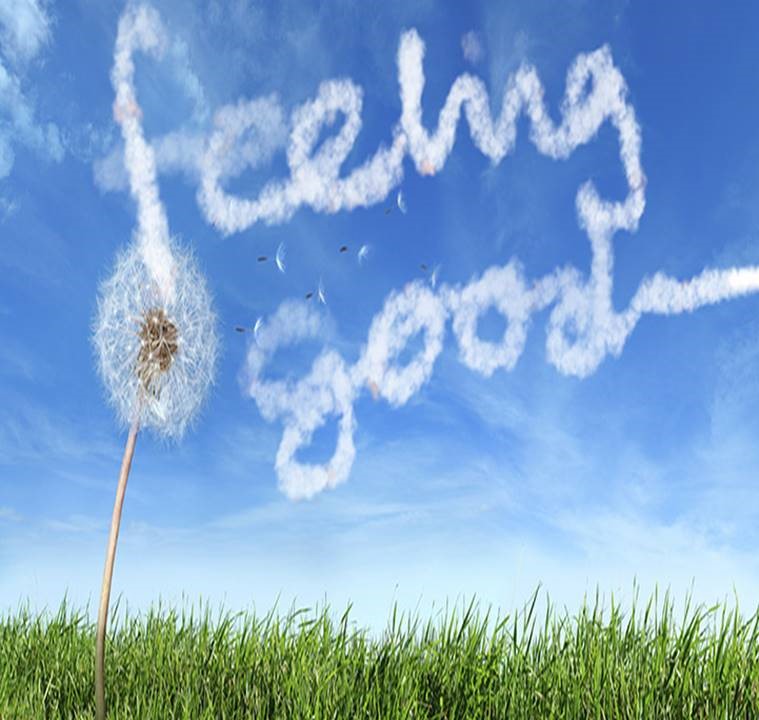
Researchers by the name of Li and Papkoff first began studying growth hormones back in 1956. Human growth hormone, also known as HGH or GH, is naturally produced and comprised of 190 different individual amino acids. It is a protein hormone secreted by the pituitary gland.
Research has continued through the years and two major links were found between HGH and the body. These two links are: the effects on aging; like cell generation. HGH binds to receptors within the body and stimulate growth, cell health and renewal. The effects on the body as a whole, specifically in the areas of weight control, sexual function, sleep and more. The pituitary gland function begins to slow down production of human growth hormone in your 20s. The effects begin to become noticeable beginning as early as 30-35 years old.
HGH also is the stimulus for the production of IGF-1. IGF-1 is secreted by your liver, when your body needs it, and acts as an insulin imitator, working along with insulin to control levels of blood sugar. As HGH production slows causing lower IGF-1, the change of developing diabetes increases. This is why diabetes is a greater risk as you age.
When considering how HGH affects metabolism, it can be broken down into three categories; Fat Metabolism, Protein Metabolism and Carbohydrate Metabolism.
3 Ways Metabolism Is Impacted By HGH
- Protein Metabolism – When you’re younger, or supplementing HGH, you have higher levels of human growth hormone in your body. These higher levels result in improved protein synthesis and an increase in amino acid uptake.
- Fat Metabolism – Weight loss and weight gain can be significantly linked to GH levels. The larger discrepancies among blood chemicals regulating your body’s use of energy are the result of lower HGH. Simply stated, this is why it’s often easier to put wait on as years go by and it also becomes more challenging to lose weight after 30-35 years old.
- Carbohydrate Metabolism – There are several chemicals in your body that control blood sugar, HGH is one. With the decline in HGH levels, the metabolism of carbs becomes less effective. This also contributes to easier weight gain and difficulty losing weight.
It is well known that increased levels of HGH have been determined to show improvement in over 40 age related areas such as improved sleep, building lean muscle, fat loss, smoother skin, hair growth, lessening of joint discomfort, increase in stamina and much more! To increase your levels of HGH, there are several options. Increased healthy deep sleep, intermittent fasting, exercise (particularly large muscle groups) and supplementation are the most popular.
What Can You Do?
Until recently, human growth hormone supplementation was available with a prescription and was administered by injection. Scientific advances have created new options like boosters, which are not actually hgh but compounds designed to boost production. These are expensive options, usually administered in pill form. The challenge has been that your digestive enzymes breakdown the active ingredients before they have a chance to get into your blood stream calling their effectiveness into question.
We now have another over the counter option, that is actually FDA registered and available without a prescription. The only transdermal (topical) product of it’s kind. By utilizing a transdermal application, no efficacy is lost in the digestive system and allowing the product may be absorbed into your bloodstream for 100% safe and maximum effectiveness. For complete information about transdermal HGH, please visit Ageless With HGH and download the complete product booklet. Also, please feel free to contact me with questions.
Please note, I am not a medical doctor and I do not offer medical advice. I recommend you contact your doctor if you have medical questions. NCBI also has very detailed research on a large variety of medical topics. Here is a link to useful Growth Hormone research. https://www.ncbi.nlm.nih.gov/pmc/articles/PMC2544358/
Bobbi



